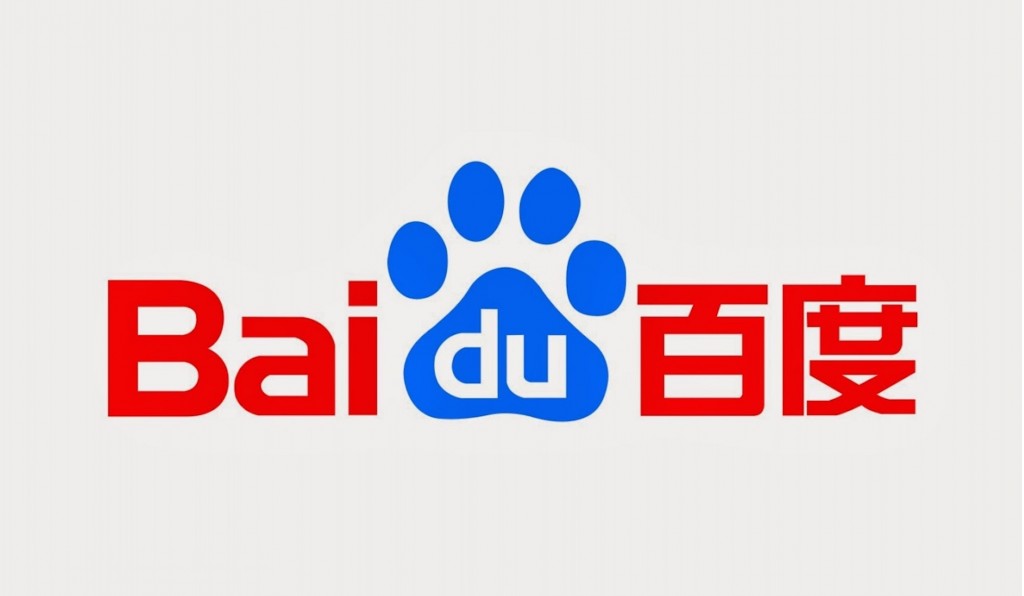There has been a flurry of announcements concerning the Apollo self-driving car program of Chinese tech giant Baidu in the past week.
The latest comes from Volkswagen Group which on Friday said it would join the Apollo program. The automaker also said it would gain a seat on the program's board of directors.
The announcement came the same week VW Group said it would join Intel's recently acquired self-driving car business Mobileye to launch a self-driving service in Israel. Development of the service will commence in early 2019 and roll out in phases reaching full commercialization in 2022.
But getting back to Baidu and the Apollo program, the main goal is to develop a self-driving system for Chinese roads. Baidu, often described as China's version of Alphabet Inc., has made its self-driving system open-source. The system also integrates the hardware and cloud data necessary for self-driving cars.

Baidu Logo
The latest version of Baidu's self-driving system, which has more than 130 companies involved in its development, including automakers such as Daimler, Ford and General Motors, as well as tech firms such as Nvidia, Microsoft and TomTom, is said to be approaching commercialization.
Baidu and Volvo announced last week plans to jointly develop a Level 4 self-driving car to be sold to public, though no launch date was mentioned. Separately, Baidu and Ford announced plans last week to test a Level 4 self-driving car in China in 2019. Baidu also last week said it would launch a Level 4 self-driving car under the auspices of historic Chinese brand Hongqi, or Red Flag. The Hongqi car will be used in a trial starting in 2019.
A Level 4 self-driving system can operate without a driver in select conditions. The conditions usually include operating within a pre-determined, sufficiently mapped area, known as geo-fencing, as well as within certain weather restrictions. The ultimate goal is a Level 5 system which can handle all conditions expected of a human.
Pictured above is a fully self-driving concept known as the Sedric. It was unveiled by the VW Group in 2017 and previews the type of vehicle the automaker could use for an eventual self-driving service.
